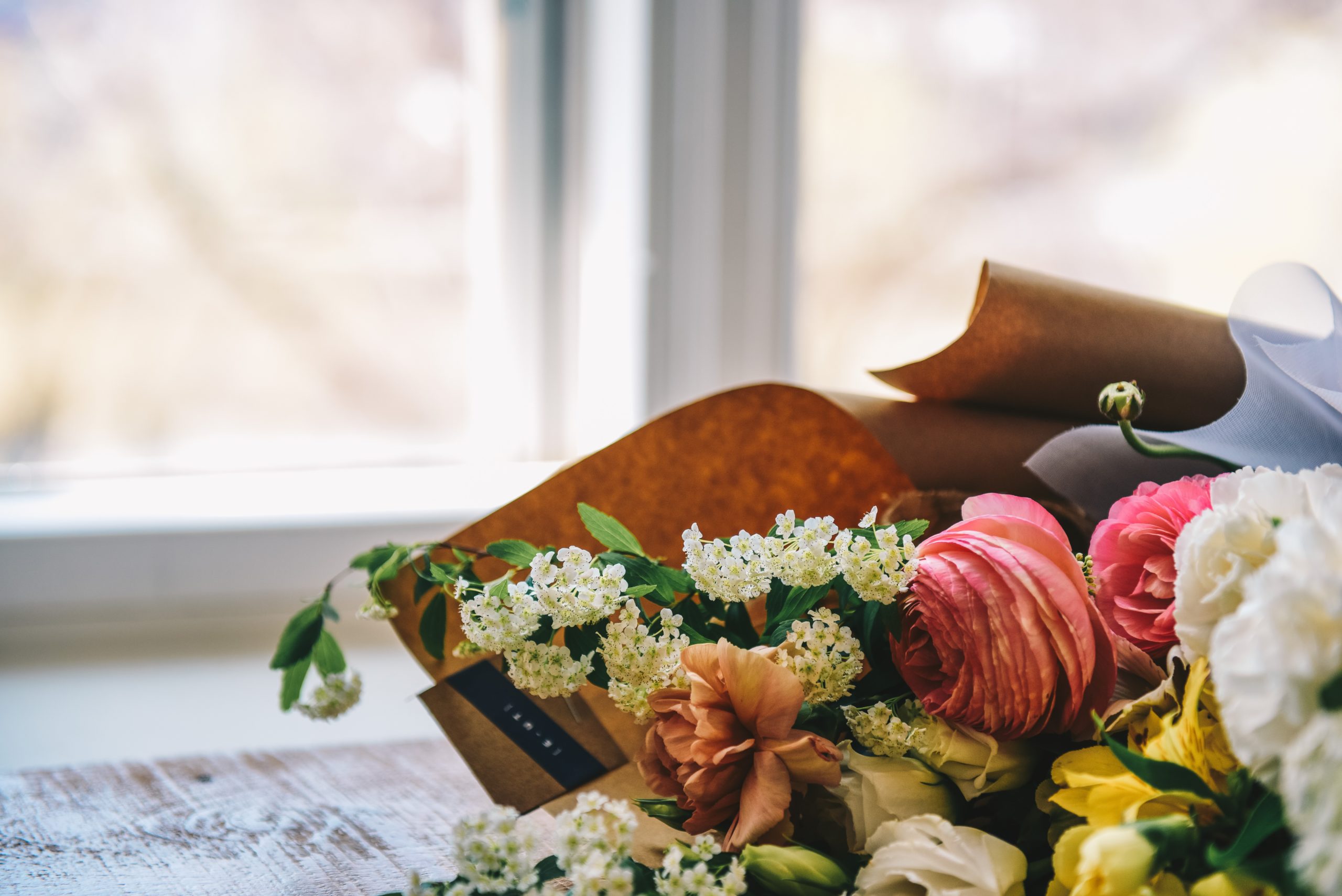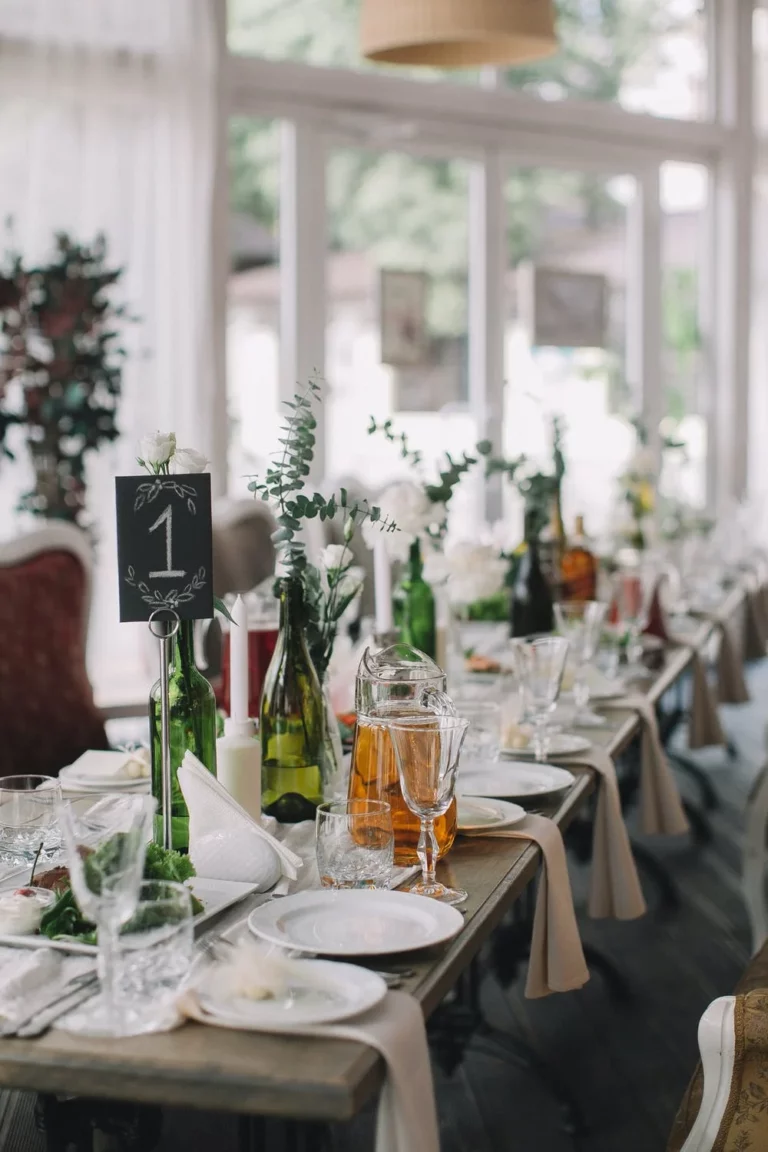The decision of how to handle your loved one’s remains can be difficult after a sudden passing. Already in crisis and in the early stages of the grieving process, this decision can be even harder if your loved one passed away unexpectedly. While the funeral home staff and director will be able to tell you your funeral service and cremation options, there are things to consider that might help you make a final decision. For ways to know if cremation is right for your loved one, read on.
Last Wishes and Values

In the middle of an existential crisis, it’s never a good idea to make big changes or decisions. Unfortunately, after losing a loved one, there’s only a limited time to make the very personal decision about what to do with their remains. Between meetings with the funeral director and notifying the family while seeking their opinions, if you’re in the position to make that final decision you’ll want to start by considering what your loved one would have wanted.
Many people have conversations with family members and partners about disposition wishes. For these people, they’re in the unique position of being able to decide between a cremation and traditional burial more easily than others. If you know your deceased loved one wanted to be cremated, your choices will become about the cremation process, memorial services, and what to do with the cremated remains.
For those who don’t know what their deceased would have wanted, it might be time to consider their values. If they were of a particular religion, for example, considering that might steer you in the direction of what to do. If they were an environmentalist, a green burial or water cremation could be the best option. Have an honest conversation with family and the funeral director to make your decision easier.
Considering Finances

For some people, the struggle with how to decide between a cremation and a burial boils down to finances and logistics. In the middle of a global pandemic, social gathering restrictions and travel issues could make a traditional funeral service more challenging. The cost of the final disposition could be a determining factor, too.
You might be asking questions like “are cremations expensive?” The reality is that cremations cost less than direct burial but still come with costs of their own. Depending on whether you’re looking for a simple cremation or extras like a viewing and service before the cremation process, your price will fluctuate. This is another area you’ll want to speak with the funeral director about. You can discuss the cost of a direct cremation, alternative containers, cremation urns, and more to make your final decisions.
Your Own Wishes

Some people need a place to visit to help with the normal grieving process. If you know you’ll need a headstone by a final resting place to help you through the healing process, it’s something to take into consideration. While you could scatter ashes at a favorite lake or even keep the cremation container close by, your personal preference on your loved one’s disposition will matter in how you’re able to grieve your loss. Considering this ahead of time will help with your healing.
At the end of the day, the right choice will come by way of an informed decision where you consider your loved one’s last wishes, religious beliefs, and personal preferences. It’s never easy to say goodbye, and there are no wrong answers about the different ways people chose to handle their loved one’s remains. By taking your time to decide, surrounding yourself with good supports, and being honest about finances and final wishes, you’ll make a decision that not only honors but respects your loved one, too. Condolences on your loss and remember to take care of yourself during this difficult process.


















